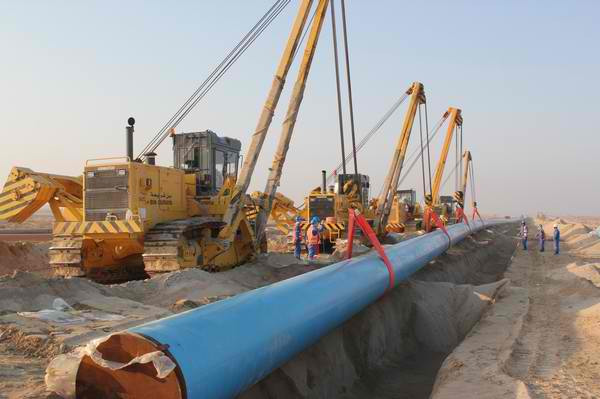China Civil Engineering Construction Corp. (CCEC) bags the deal to build an intracity subway in the Philippines to be constructed in the city of Makati. The firm assures that they have the technology to complete the mass transport system project which was projected to be finished within the next six years.
Zhu Xiaogang, vice president of CCEC, said that the technology used by the company can compete with Japan's famed high standard and quality operations and other nation's technologies. He told reporters that Chinese and Japanese technologies both exhibit their own strengths. He, however, noted the edge of Chinese tech in terms of superior installation and systematic control and management ability that is ahead from the rest of the world. He also added that there is little difference between the two country's hardware, tunnel boring machine and the construction of the subway.
The construction of the proposed $3.7 billion intracity subway in Makati City is an agreement between the Philippines Infradev Holdings, Inc. and CCEC. The Chinese company is an owned subsidiary of China Railway Construction Corp. Ltd. (CRCC). According to reports, CRCC is willing to invest around $300 million to million public-private partnership subway projects in the City.
Zhu also said that the key in the construction of the subway construction is the software and the technology of CCEC is more geared toward having an advantage on the software which is the management and operations. He also noted that subways in Hong Kong, Singapore, and China are all positive in terms of returns unlike other subways in the world that are losing money. He also assured that CCECC subway technology is one of the best in the world.
The CCEC official believes that Asian countries are relatively more developed and they are ready for urban transit systems that China could develop. He said that he is confident about the deal in Makati and he sees Manila as a city ready for the subway development.
The agreement was given a go signal from Makati's PPP Selection Committee in October 2018 after IRC cleared a 30-day competitive Swiss Challenge. The subway is estimated to accommodate up to six car trains with around 200 passengers in each car to an estimated 700,000 commuters per day.
It is planned to connect key points in Makati including Central Business District along Ayala Ave. Makati City Hall, the Poblacion Heritage Site, the University of Makati, Ospital ng Makati and other essential business districts in the City.





